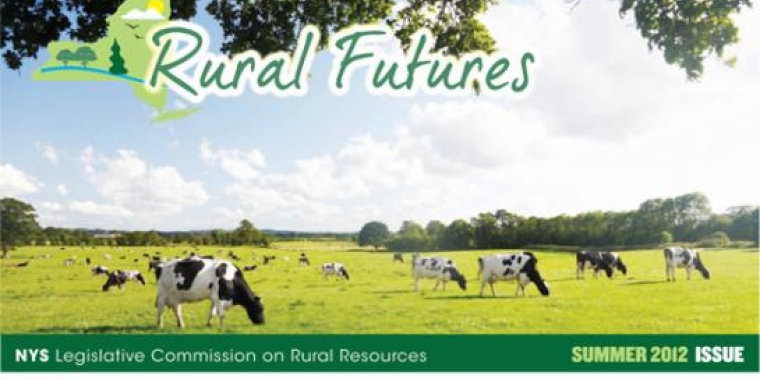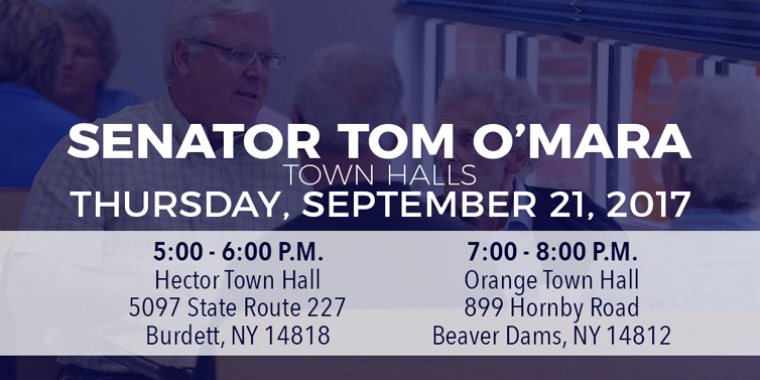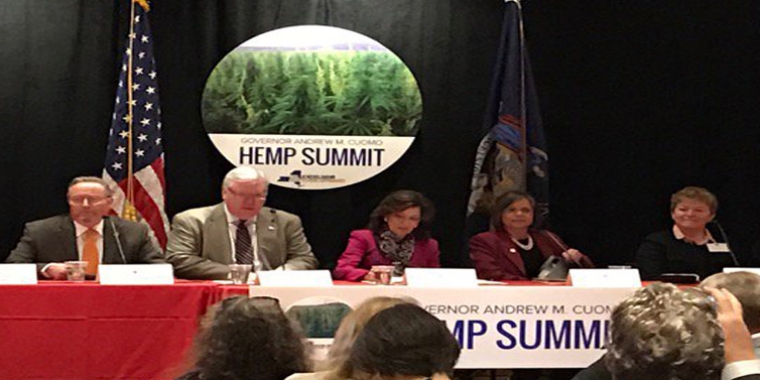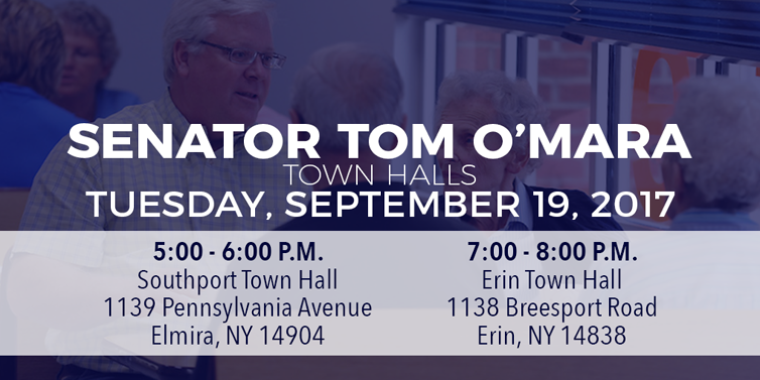
What about rural New York?
Thomas F. O'Mara
July 16, 2012

Let's not forget that New York, in so many ways, remains a rural state.
Approximately 44 of New York’s 62 counties are designated as rural, including all of the counties I represent.
Thirty years ago, the state Legislature established what's become commonly known as the Rural Resources Commission. A 10-member, bipartisan commission on which I currently serve as a member, the Commission was founded to examine the impact of rural communities and industries on the state economy; review existing state laws and regulations impacting rural regions; assess the effectiveness of state programs and services affecting the needs and problems of rural areas; and develop recommendations for the Legislature to enhance and protect New York’s rural resources.
Throughout the past three decades, the Commission has led the way on issues including agriculture, economic development, universal broadband, education, land use, transportation, local government structure and functions, volunteer recruitment and retention, and health care.
One great way to stay up to date on the Commission's work, as well as rural affairs news and information statewide and nationally, is through a publication called Rural Futures.
Share this Article or Press Release
Newsroom
Go to Newsroom


